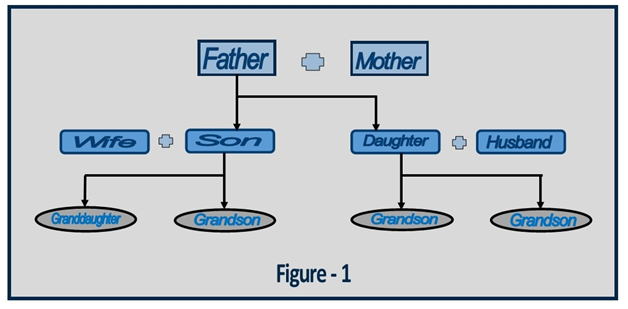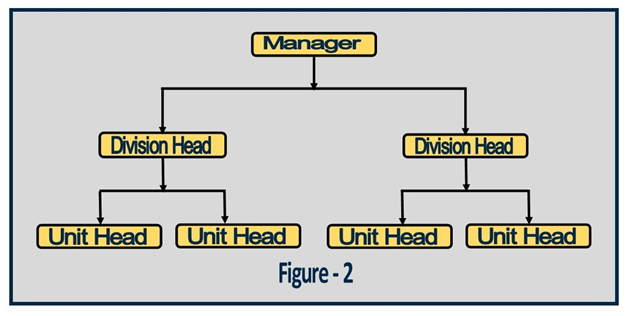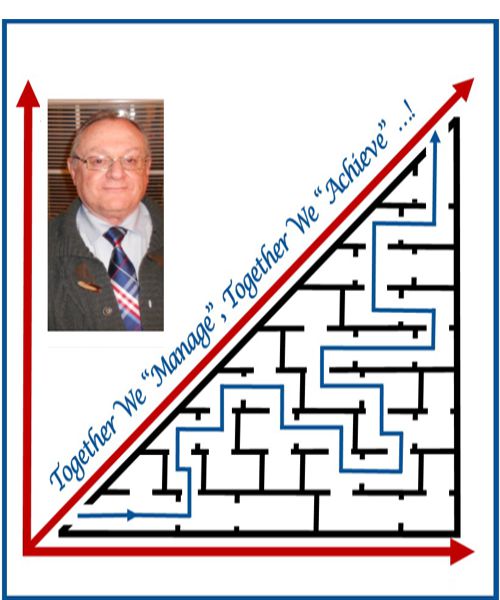Viewpoint
» On "Teaching"
» On "Learning"
» On "Knowledge"
» On "Goals"
» On "Time"
» On “Management”
» On “Reading”
» On "Committees"
» On "A Place to Visit"
» On "Human Resources"
» On "Progress & Development"
» On "History"
» On "Public Speaking"
» On "Organizing"
» On "Motivation"
» On "Teams"
» On "Communication"
» On "Management Coaching"
» On "Traveling"


On "Organizing"
By Adel J. Helou
The word “Organizing” comes from the verb “to organize”. To organize means “to assume organic structure”, “to set up”, “to construct”, “to establish”, and “to put (oneself) in a state of mental competence to perform a task”(1). Organizing also carries the following notion: putting in a certain order objects, events, and ideas. To elaborate on this statement, it can be said that organizing is to arrange things according to place, time, hierarchy (importance and urgency), and thought.
The simplest aspect of organizing is arranging according to place. You can see that at homes when parents ask their children to put order (clean-up or tidy-up your room) in the latter’s rooms. What is usually meant in this case is to put objects in their appropriate place or location. Clothes should go onto hangers, shoes would go with other shoes in order, and laundry would go in the laundry basket. The same applies when organizing or putting order in the kitchen – cutlery with cutlery and pots and pans in their right location. When it gets to an office, putting objects in the right place becomes more involved. For example, letters and documents must be filed, but not in any file. These letters and documents should go into specific and appropriate files. The files, in turn, should go into the proper filing cabinet and in the correct place according to subject and/or alphabetical order.
Organizing with respect to time is a little bit more involved. A person will have to develop a list of activities that should be done or take place. The person will then have to formulate a feasible and workable sequence of events for these activities. Deciding which activity should be carried out first and which one is to be carried out later helps assign time periods for each activity. The outcome of such a task is usually called a schedule. The schedule will show an activity, when should it be done, and how long (time) completing this activity should take. All projects developed and executed according to a schedule where time is of essence and completion dates are set and respected. Organizing for time is as important for people in their personal life as it is in their professional life. It may be a good idea to introduce this concept to the young people early in their lives. It could do them a lot of good!
To organize according to hierarchy (structure, urgency, and importance) can be demonstrated as follows:
Structure:
1) Family: Father – Mother – Child 1 – Child 2 - Grandchildren … etc. (See Figure – 1).
2) Business: President - Managers – Division Heads – Unit Heads … etc. (see Figure – 2).
2) Business: President - Managers – Division Heads – Unit Heads … etc. (see Figure – 2).


Urgency and Importance:
1) First, critical tasks and events that are Urgent and Time Sensitive.
2) Second, important tasks.
3) Third, less Important tasks.
4) Fourth, ordinary and daily tasks.
2) Second, important tasks.
3) Third, less Important tasks.
4) Fourth, ordinary and daily tasks.
Organizing one’s thoughts is important for everyone. To organize one’s thoughts enables intelligent communication between individuals. It allows the proper and orderly exchange of thoughts, ideas, information, and knowledge. It will also facilitate understanding between communicators. The above leads to the fact that organized thought helps improve verbal and written communication among people. Some applications to demonstrate benefits of organized thought are:
1) Developing analytical thinking in the youth in schools and universities (Verbal Presentations and Debate Clubs and Groups).
2) Training professionals in the art of negotiation (Sales Personnel and Contract Negotiators).
2) Training professionals in the art of negotiation (Sales Personnel and Contract Negotiators).
It is most beneficial to develop a habit to organize both personal, and professional aspects of one’s life. To organize will make life easy and orderly. This would enable us to find objects in their right place. It would help us to get tasks completed at the right time. To organize would also help us understand the structures of systems and appreciate the relative importance of activities. Most importantly, we would also have an organized string of thoughts.
References and More reading:
(1) https://www.dictionary.com/browse/organize
Adel J Helou: is a Business and Life Management Coach. He has more than 15 years of experience in production and operations management. The Author has international professional experience in the Middle East markets. He holds a B.Sc. degree in Chemistry and Physics and an M.Sc. in Chemical Engineering. Mr. Helou has pages on Facebook, LinkedIn, Twitter, and Instagram:
facebook.com/AdelJosephHelouManagementCoach/
linkedin.com/in/adeljosephheloumanagementcoach/
Instagram.com/adel.helou
twitter.com/helou_adel
Read about his Management Coaching and the articles he writes, by visiting the electronic magazine (E-Zine): optimanage.com.
The E-Zine has a fb page: facebook.com/optimanagedotcom/.
A.J. Helou can be contacted by e-mail: a.j.helou@optimanage.com (e-mail)
linkedin.com/in/adeljosephheloumanagementcoach/
Instagram.com/adel.helou
twitter.com/helou_adel
Read about his Management Coaching and the articles he writes, by visiting the electronic magazine (E-Zine): optimanage.com.
The E-Zine has a fb page: facebook.com/optimanagedotcom/.
A.J. Helou can be contacted by e-mail: a.j.helou@optimanage.com (e-mail)





